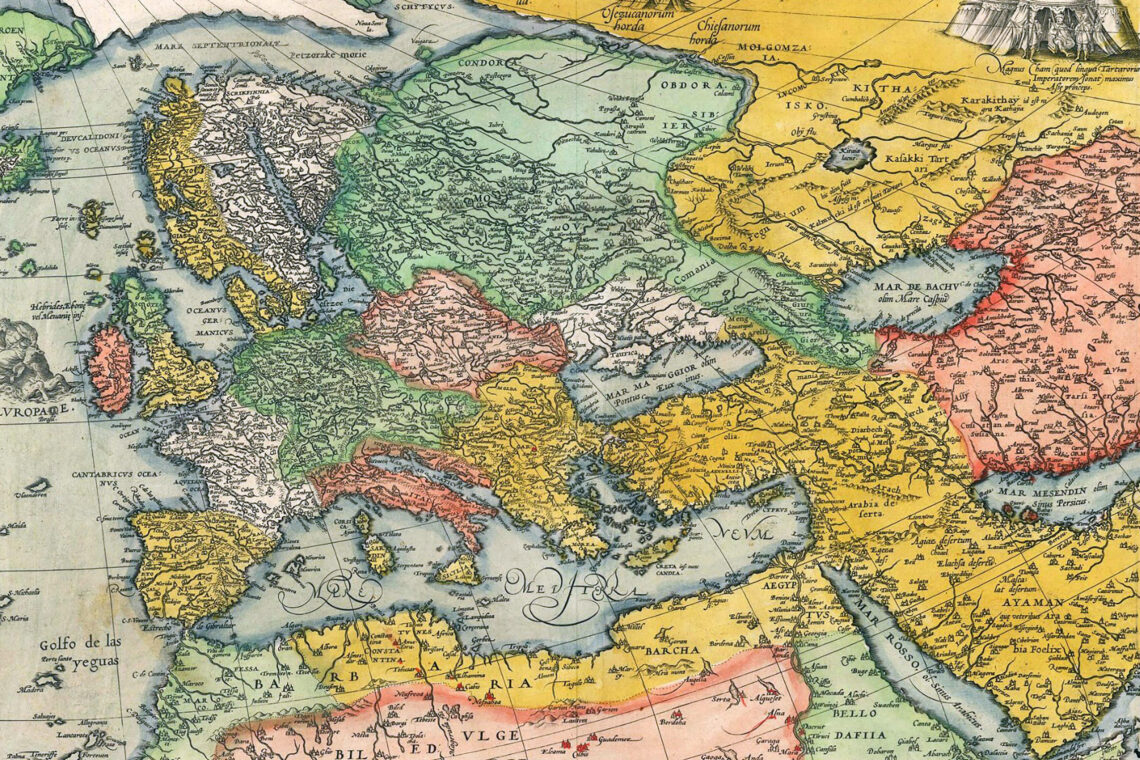We hear a lot about a persistent recession, stubborn unemployment figures, more than 45 million Americans without health insurance, and a growing deficit that make life unpredictable for people who have come to rely on a job as a measure of security. Many people feel as if they were one paycheck away from unemployment and social catastrophe. This produces anxiety, fear, and a cut-throat race to beat other people for the coveted (but impermanent) job. But do things have to be this way? Not really. If governments and social institutions thought rationally about the state of society, we would all be playing now, creatively pursuing our hobbies while being guaranteed a good life.
Technology has made many labor-intensive occupations, such as farming and factory work, redundant. For example, in a mere century or less, the American farm economy has gone from employing about 80 percent of the population to a mere 2 percent today, while, at the same time, increasing output beyond what is needed for national subsistence. With fewer farmers, the United States can now feed itself and many parts of the world, thanks to a heavy reliance on technology.
The same is true of industry. As businesses continue to invest in state-of-the-art technologies, many blue-collar workers continue to find themselves without work and power. Union membership is declining, since most occupations are now in the service sector, and people in such sectors think of themselves as “managers” of sorts, or “associates.” Even in this sector, jobs are gradually vanishing because of increasingly sophisticated computerization and specialization. Peter F. Ducker, one of the world’s leading figures in management theory, glimpsed the changing landscape of work as early as 1959 when he talked about an emerging class of “knowledge workers.” For the first time in human history, work has little to do with physical labor and much to do with the intellect. Because of this, Ducker called our era “the Age of Social Transformation.”
It is, therefore, education that generates wealth today, not traditional labor; yet, many poor countries are frantically trying to attract foreign investors to exploit their lands and citizens. If cheap labor were the solution, Mexico would be a superpower now; instead, Mexico is falling further behind, and jobs are now fleeing to even cheaper havens, like China.
Many aggrieved American workers blame their unemployment on cheap labor and lax environmental laws overseas. This is, to some extent, true. But Ducker would differ and argue that the automobile industry is not being challenged by cars manufactured in low-income countries, but from high-tech competitors in Japan, Germany, and, nowadays, South Korea (a country which, if I remember correctly, gets the second highest number of registerd patents per capita, after Japan). To think that countries can get out of their economic stagnation through low wages alone is an illusion. It is education—and education alone–that matters most in this post-work society.
Interestingly, education and high technology are also allowing for more production with minimum human input, a situation that calls for more consumption and less labor. Technologically speaking, the mythical “Garden of Eden” is almost here, if only people would let go of old habits and unleash their potential to play and love. For the first time in history, humans may not need to earn their living. Scholars like Benjamin Barber think that this is a very good thing for democracy since ancient Greek philosophers made freedom contingent on a life of leisure and contemplation. (Only slaves were supposed to labor in Ancient Greece.) People could get involved in all sorts of associations and activities, thereby strengthening their communities and political freedoms.
Karl Marx and other thinkers knew that human freedom means the freedom from the necessity to waste one’s life force in uninspiring work. What was once a utopian vision may be closer to reality than we think. Unfortunately, the monsters of the past keep chaining us in the dungeons of privation and fear. They divide humanity between winners and losers and keep insisting that one’s lot in life is either to trample on others’ rights or suffer a life of misery. It is rather tragic that humanity cannot think its way out of this dysfunctional model of social organization. We proceed backward even as our knowledge moves forward.




Comments are moderated by the editor and may not appear on this discussion until they have been reviewed and deemed appropriate for posting. All information collected is handled in a manner consistent with our privacy policy.